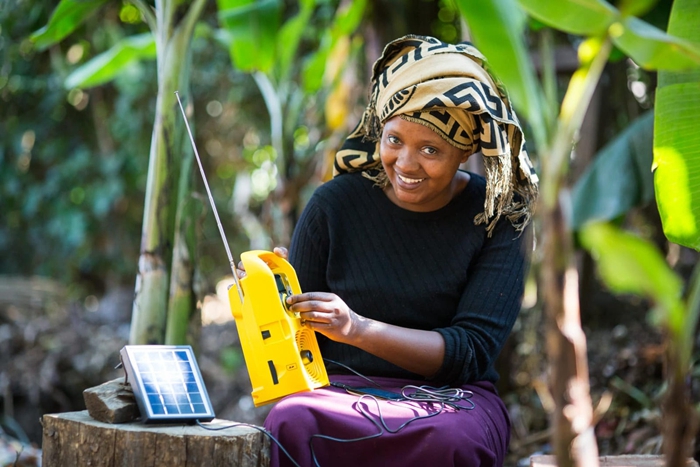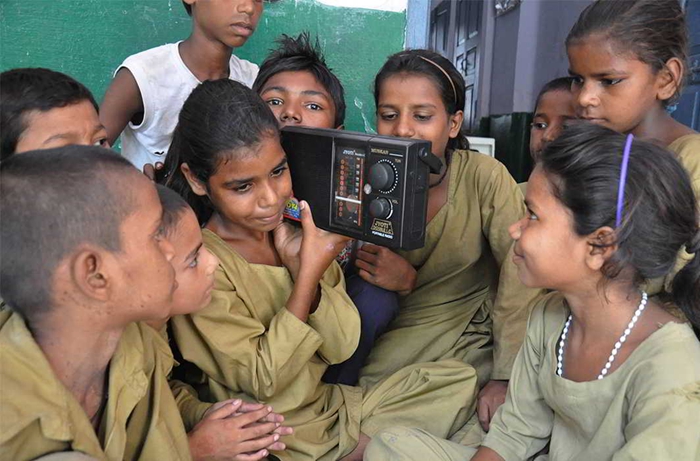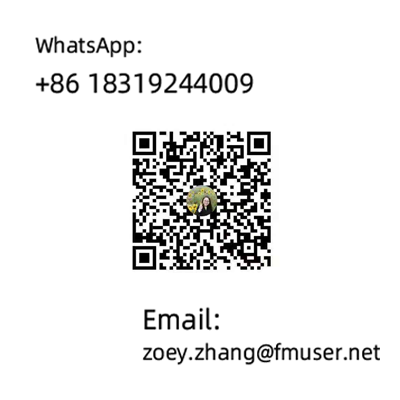Products Category
- FM Transmitter
- 0-50w 50w-1000w 2kw-10kw 10kw+
- TV Transmitter
- 0-50w 50-1kw 2kw-10kw
- FM Antenna
- TV Antenna
- Antenna Accessory
- Cable Connector Power Splitter Dummy Load
- RF Transistor
- Power Supply
- Audio Equipments
- DTV Front End Equipment
- Link System
- STL system Microwave Link system
- FM Radio
- Power Meter
- Other Products
- Special for Coronavirus
Products Tags
Fmuser Sites
- es.fmuser.net
- it.fmuser.net
- fr.fmuser.net
- de.fmuser.net
- af.fmuser.net ->Afrikaans
- sq.fmuser.net ->Albanian
- ar.fmuser.net ->Arabic
- hy.fmuser.net ->Armenian
- az.fmuser.net ->Azerbaijani
- eu.fmuser.net ->Basque
- be.fmuser.net ->Belarusian
- bg.fmuser.net ->Bulgarian
- ca.fmuser.net ->Catalan
- zh-CN.fmuser.net ->Chinese (Simplified)
- zh-TW.fmuser.net ->Chinese (Traditional)
- hr.fmuser.net ->Croatian
- cs.fmuser.net ->Czech
- da.fmuser.net ->Danish
- nl.fmuser.net ->Dutch
- et.fmuser.net ->Estonian
- tl.fmuser.net ->Filipino
- fi.fmuser.net ->Finnish
- fr.fmuser.net ->French
- gl.fmuser.net ->Galician
- ka.fmuser.net ->Georgian
- de.fmuser.net ->German
- el.fmuser.net ->Greek
- ht.fmuser.net ->Haitian Creole
- iw.fmuser.net ->Hebrew
- hi.fmuser.net ->Hindi
- hu.fmuser.net ->Hungarian
- is.fmuser.net ->Icelandic
- id.fmuser.net ->Indonesian
- ga.fmuser.net ->Irish
- it.fmuser.net ->Italian
- ja.fmuser.net ->Japanese
- ko.fmuser.net ->Korean
- lv.fmuser.net ->Latvian
- lt.fmuser.net ->Lithuanian
- mk.fmuser.net ->Macedonian
- ms.fmuser.net ->Malay
- mt.fmuser.net ->Maltese
- no.fmuser.net ->Norwegian
- fa.fmuser.net ->Persian
- pl.fmuser.net ->Polish
- pt.fmuser.net ->Portuguese
- ro.fmuser.net ->Romanian
- ru.fmuser.net ->Russian
- sr.fmuser.net ->Serbian
- sk.fmuser.net ->Slovak
- sl.fmuser.net ->Slovenian
- es.fmuser.net ->Spanish
- sw.fmuser.net ->Swahili
- sv.fmuser.net ->Swedish
- th.fmuser.net ->Thai
- tr.fmuser.net ->Turkish
- uk.fmuser.net ->Ukrainian
- ur.fmuser.net ->Urdu
- vi.fmuser.net ->Vietnamese
- cy.fmuser.net ->Welsh
- yi.fmuser.net ->Yiddish
Why radio is still popular today
Radio is really about the horizontal exchange of information, and it's much more participatory between communities. There are radio stations at community levels like in universities or hospitals. The medium itself is still relatively cheap and easy to manage compared to, say, video, and because ultimately, one can listen to the radio while doing something else. With video, you can't drive a car or operate a machine, but on radio, the conversation between the host and the guest on a program is inclusive. It's a dialogue at a time when you can't necessarily have a conversation with somebody.
There's obviously the music aspect of radio, and in America, talk radio has been popularized. Talk radio in places like Africa, however, where the technology of cellular communications has not caught up as rapidly and where maybe Wi-Fi and internet are not as widespread is more than just for listening to music. It's a lifeline for many people in rural areas. A report written about radio in Africa said that radio is like "a vaccine capable of reducing preventable diseases. Community radio is a simple and effective solution to achieve development goals, to prevent fragile states from becoming failed states, and also to help people celebrate their own culture." Radio evidently still has an important role to play, because it is still in people's lives even if it's being listened to on devices different from the ones previous generations were using.

One of the radio advertising trends as far back as 2018 found that radio is still reaching over 90% of the population. 67% of millennials are still listening to the radio, while only 3% are listening to Pandora or 2% for Spotify, maintaining it as a medium all over the world for communication through advertising, but also through public relations. Because radio tends to be local, with a few exceptions, it lends itself really well to local stories. Another trend in radio is that there is increasing diversity in advertising due to the impact of digital radio channels. In the same way that the internet remembers what people have searched and starts to send them more information that they find of interest, the same is true with digital radio. They play more of what people are interested in listening to. Personalised content or channelisation, which is a form of streaming, is on the radio more and more.
Radio broadcasts, such as with the BBC World Service, can unite people globally by language. Farm Radio International, which is a charitable organization that operates rural radio broadcasts in 39 African countries, says that radio is still the best communication for the rural poor. It's ideal for populations where people may not have very many devices and where electricity consumption of a TV may put radio higher up the availability ranking. Also, radio is great for people that are not literate. The internet is great, but you have to be literate and you have to have a screen. So, where illiteracy rates are high, radio can make a great difference in things like campaigns for fresh water or for healthcare.

In terms of radio and PR, radio is a cheaper medium than TV, and so the segments can be longer. What may be a relatively low-level story about an Englishman who lived in China and comes back to the UK after 25 years can he a half-an-hour slot with a DJ. That production time could never have been possible on TV, as the slots are usually short, so one can definitely get more air time with radio compared to other platforms. Secondly, it's the person on the radio as it is on the TV that matters. If you were to do public relations with a print publication, the Q&A is often sent back and forth, and quite possibly, someone else is writing the article for the client. The PR firm comes in on its own there. The implication, therefore, is that the spokesperson can be authentic, but they must be prepared. A pre-recorded radio interview is slightly less stressful, but if it's live, the briefing notes both for the spokesperson and for the journalist must be thorough and complete. Even mentioning just two or three key figures can be enough to make a point and drive the message home, because without those, then as it is said in the SPEAK|pr program, there are no proof points or validation. One is simply just rendering an opinion.

